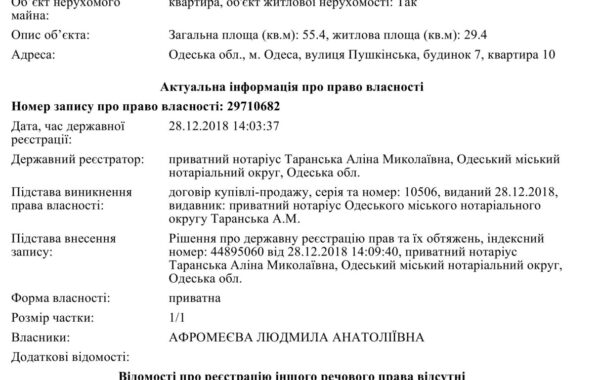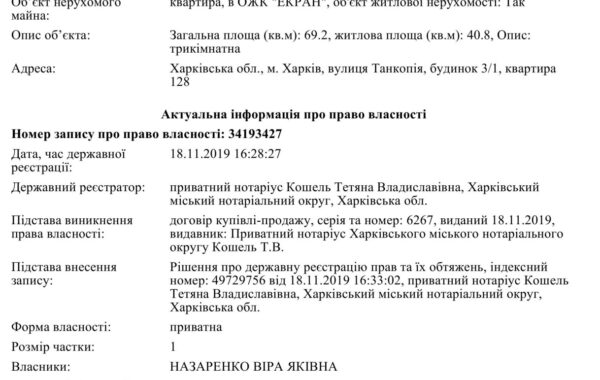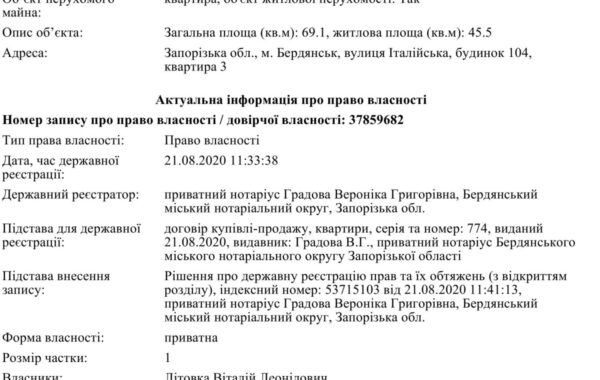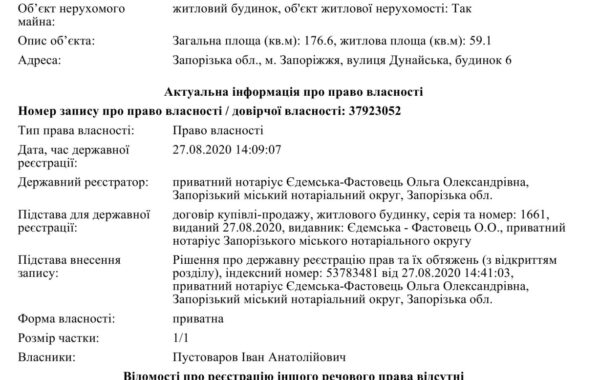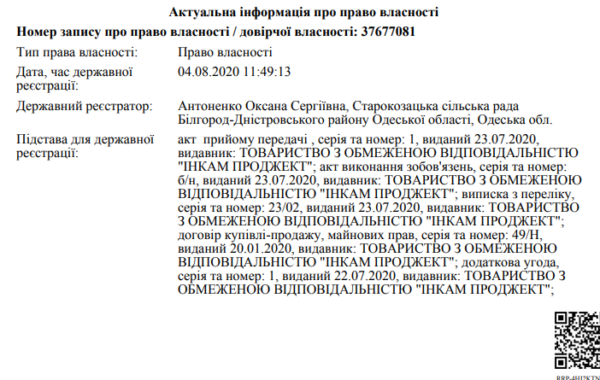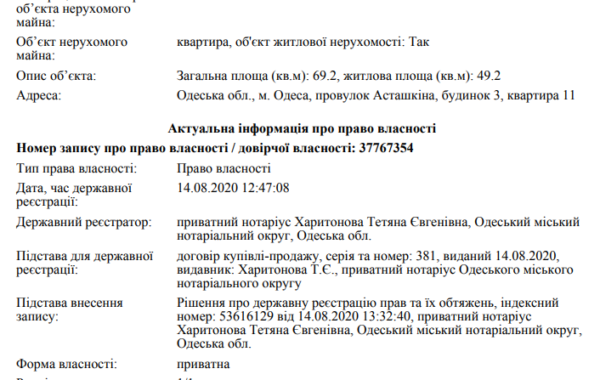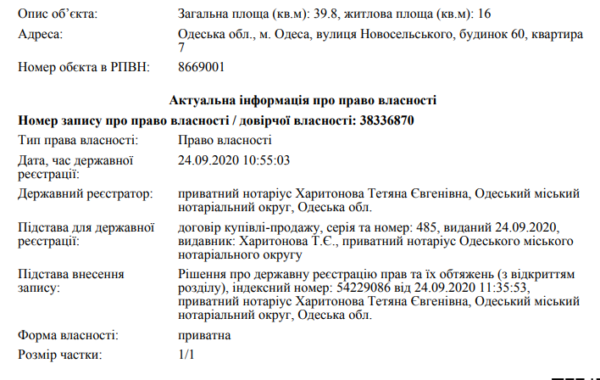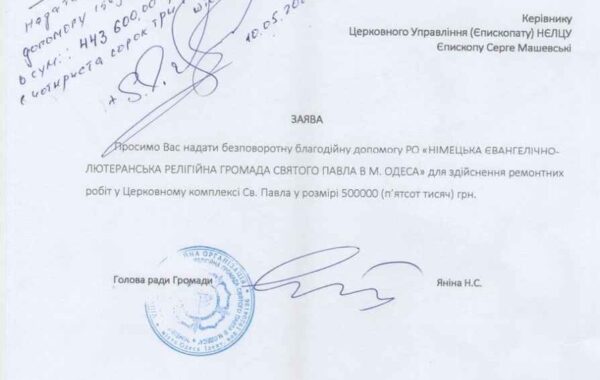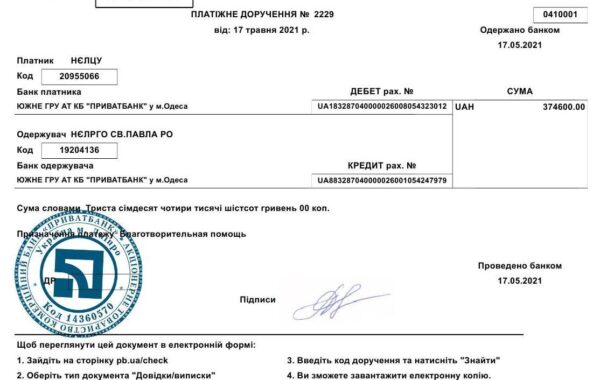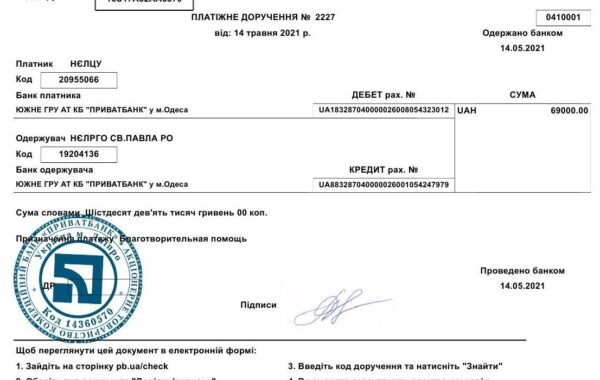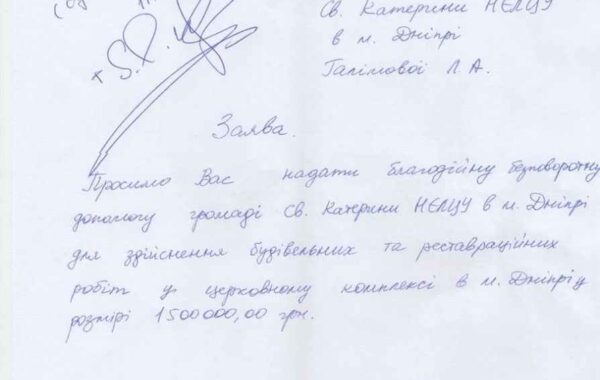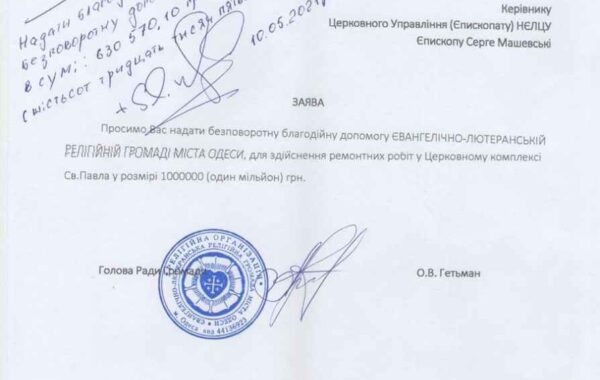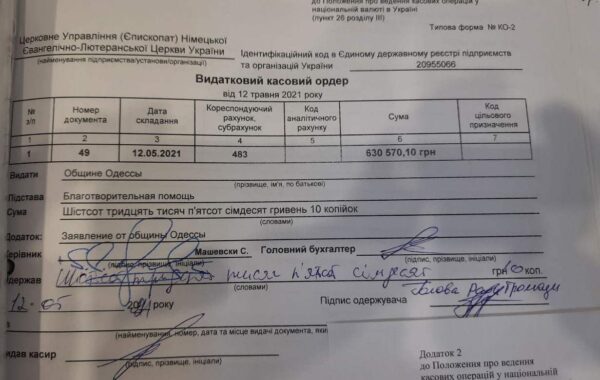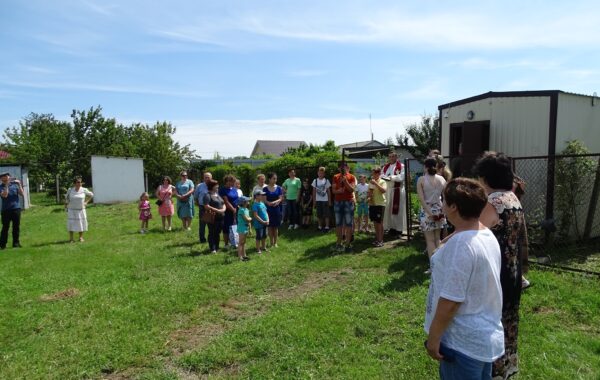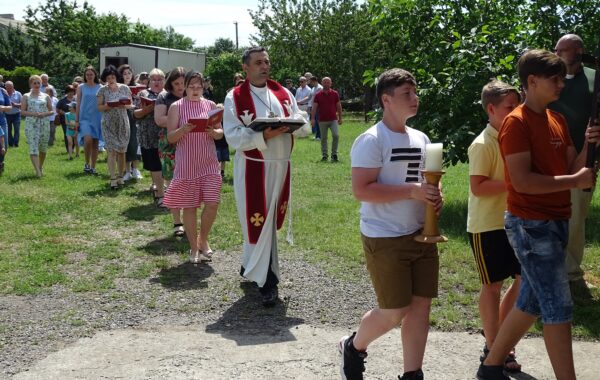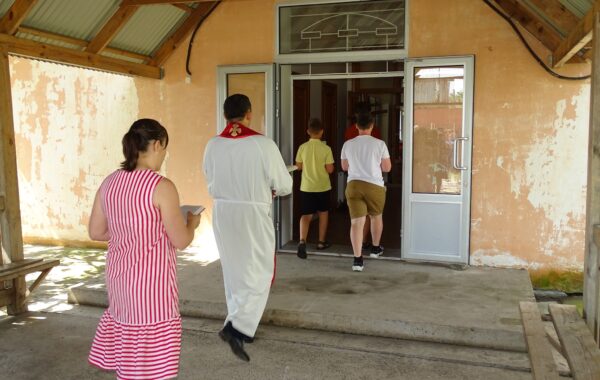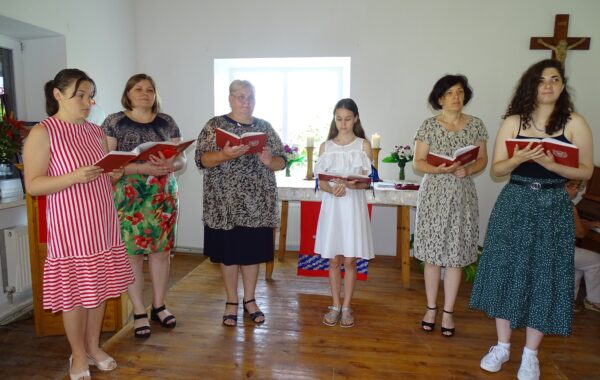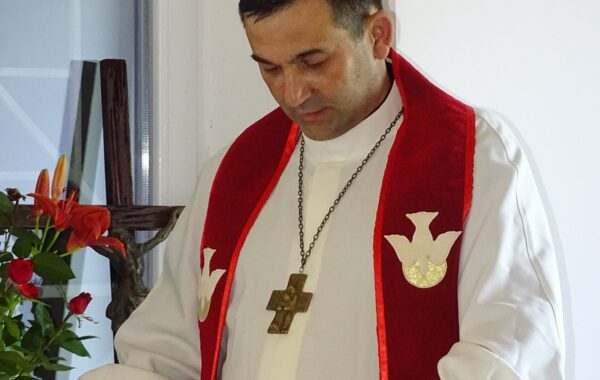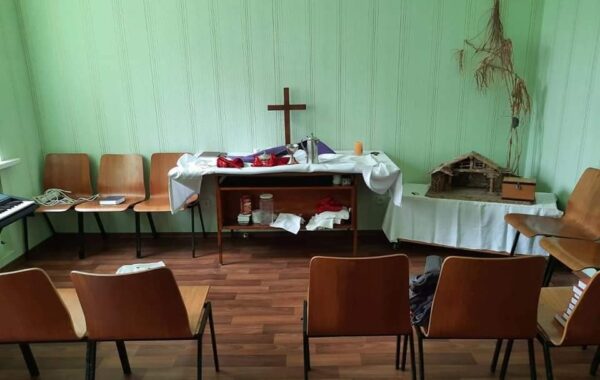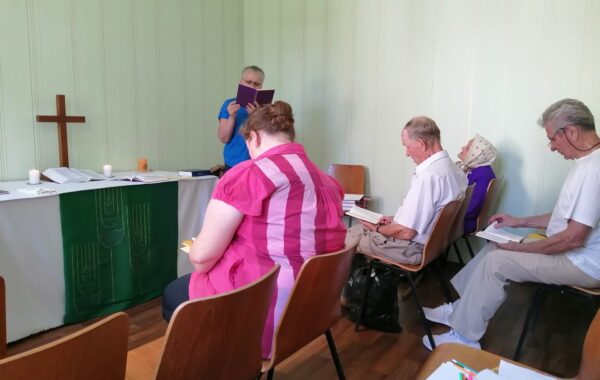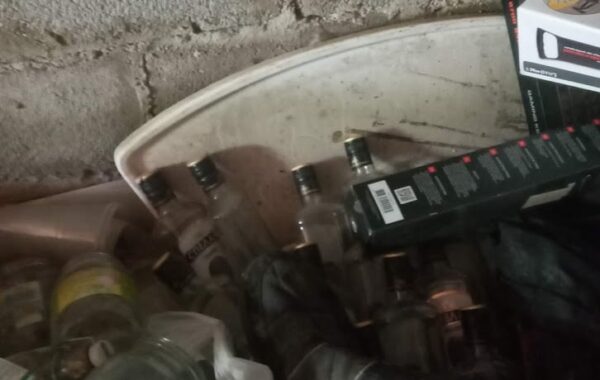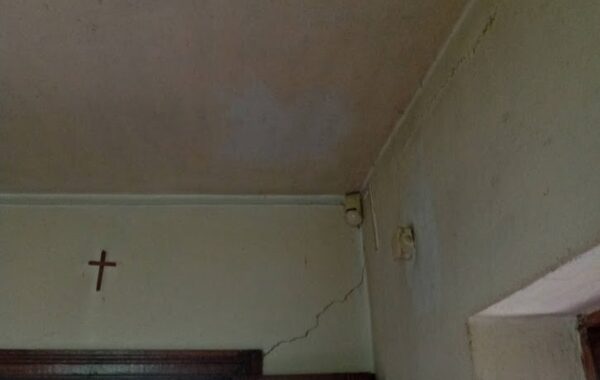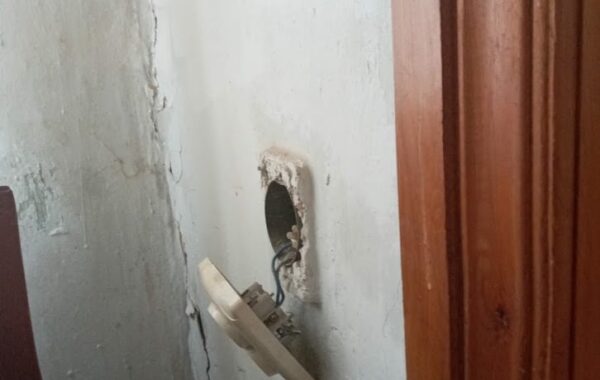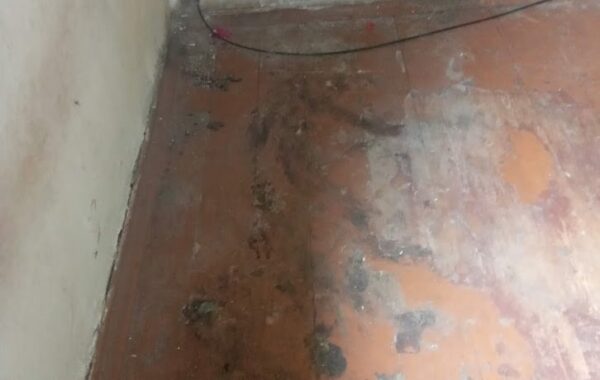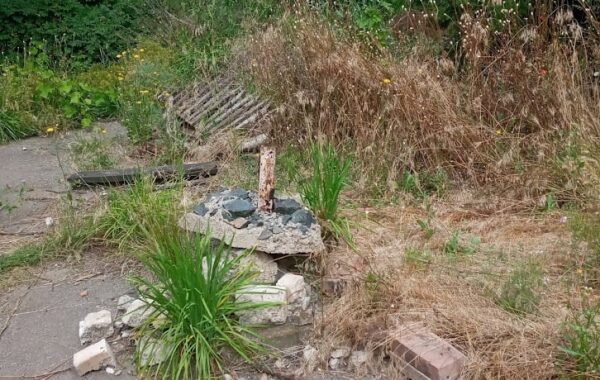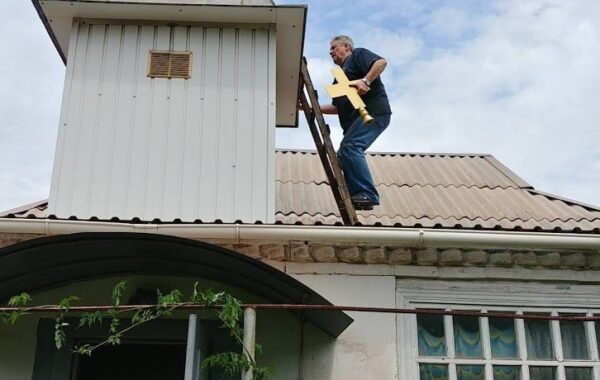In international law, occupation is a situation, when a territory of a state or parts thereof come under the authority of hostile armed forces of another state. Occupation most often harms the occupied territory, as well as the rest of the country that remained independent, preventing it from using its own resources. The reverse process of restoring legitimate authority on territories occupied by the enemy is called de-occupation.
Can we expect these definitions to be relevant in describing processes within German Evangelical-Lutheran Church of Ukraine? In 2009, GELCU through the help of Evangelical-Lutheran Church in Bavaria and other contributors reconstructed the Church complex in Odesa, which premises were meant for lease. Generated income was used for financing current needs of the Church and subsequently decreased financial dependence on its international partners. GELCU experienced rapid development, and in 2013 it elected vigorous pastor with American theological education. It seemed like Lutheranism of German tradition was on the threshold of its new stage of development…
Still, whatever happened, happened. We will not list all the offences and crimes committed by Sergey Maschevskiy during his office as a bishop from 2014 – 2018 once again – it has been written about numerous times. But the important thing is – the majority of GELCU congregations voted no confidence and removed him from the office. Pavlo Shvarts was legally registered as the new head of the Church and its Episcopate. However, Sergey Maschevskiy decided to hold on to power to the bitter end. It remains unknown how he was registered as the head of GELCU Episcopate again, taking back the control over property of GELCU, since the ownership right had been previously given to the Episcopate. This created a situation, when legitimate bishop Pavlo Shvarts recognized in this position both by the Ministry of Culture of Ukraine and world Lutheran community, together with the majority of GELCU congregations lost control over Church buildings and other property that was to serve the purpose of preaching the Word of God. This marked the beginning of a real occupation of the Church.
Congregations of Petrodolynske, Zaporizhzhia, Kryvyi Rih, Bila Tserkva and Poltava were thrown away from their church premises. Praise God that since the buildings of St. Katherine’s Church in Kyiv and Church of Christ the Savior in Berdiansk, as well as buildings in Zmiivka and Kharkiv were not put under the ownership of Episcopate for various reasons, and congregations of Novogradivka, Shostka and St. Martin in Kyiv were used to functioning without their own buildings, their church life has not suffered to great extent. However, it was particularly hard for those congregations that rent halls for worship services, because sometimes it was impossible to do.
The property Sergey Maschevskiy took the control over was either sold (as it happened with church-owned apartments in Odesa, Kharkiv and Berdiansk and a church building in Zaporizhzhia) or fell into disrepair. A few other congregations stood on Sergey Maschevskiy’s side for the fear of losing their buildings.
All that took place during court procedures, reforms of State agencies for registration of religious communities and unions, as well as COVID-19 pandemic. These factors were halting the process of final acknowledgement of the new Church leadership by the State. And finally, on May 15, 2021, in almost 2 years and 6 months, a new State agency – State Service of Ukraine for Ethnic Policy and Freedom of Conscience acknowledged Pavlo Shvarts as a new head of Episcopate of GELCU, which marked the beginning of Church de-occupation process.
It started with the audit of activities of Sergey Maschevski’s and the former leadership. Even the first results of the audit were shocking. Firstly, in 2020 Sergey Maschevski and his wife purchased three apartments in Odesa city center.
Secondly, after finding out about registration of the new head of GELCU and having had the access to the digital signature of Episcopate, Mashevski moved 443 600 UAH ($16 200) on the account German Evangelical-Lutheran Congregation of St. Paul in Odesa, over which he had complete control after banishing everyone, who disagreed with him.
Thirdly, as it became known a little later this year – S. Maschewski transferred 1 000 000 UAH ($36 500) to the German Evangelical-Lutheran congregation of St. Katherine in Dnipro, and 630 570 UAH ($23 000) to a fictitious Evangelical-Lutheran congregation in Odesa, headed by… Maschewskiy’s wife Olena Hetman.
Only during the past few months the Maschewskiys managed to benefit themselves to afford buying three apartments, and bereaved GELCU of more than 2 000 000 UAH ($72 700)! But an end was put to freeloading off church property!
The first to return to their church building was the congregation of Petrodolynske. After 4 weeks of hard work on utility systems and some renovations of the worship service hall (to make it suitable to hold services again), the congregation celebrated its return on June 27.
After two days, on June 29, GELCU regained control over the Church complex in Odesa. Up until then, the bishop and Church leadership repeatedly addressed Maschevsky, office employees, the council of St.Paul congregation in Odesa, reiterating the call for dialogue that was, however, rejected. For this reason, the Church leadership have decided to gain the access to the office premises and documents based on its legal ownership right. The process of regaining the control were accompanied by the acts of provocation on the part of Sergey Maschevskiy and his supporters, who tried to barricade themselves in the office and were behaving aggressively with security staff that escorted them out.
The council of St. Paul congregation did not want to engage in a dialogue with the Church leadership to discuss the usage of the church building for worship services. That is why the leadership of GELCU took on the responsibility to restore worship services in Odesa, appointing Alexander Gross an interim pastor of the congregation. The bishop exercised his right to call an extraordinary general meeting of the congregation on August 1 to regulate the situation and offered everyone unlawfully deprived of their membership to address him for the restoration of their rights
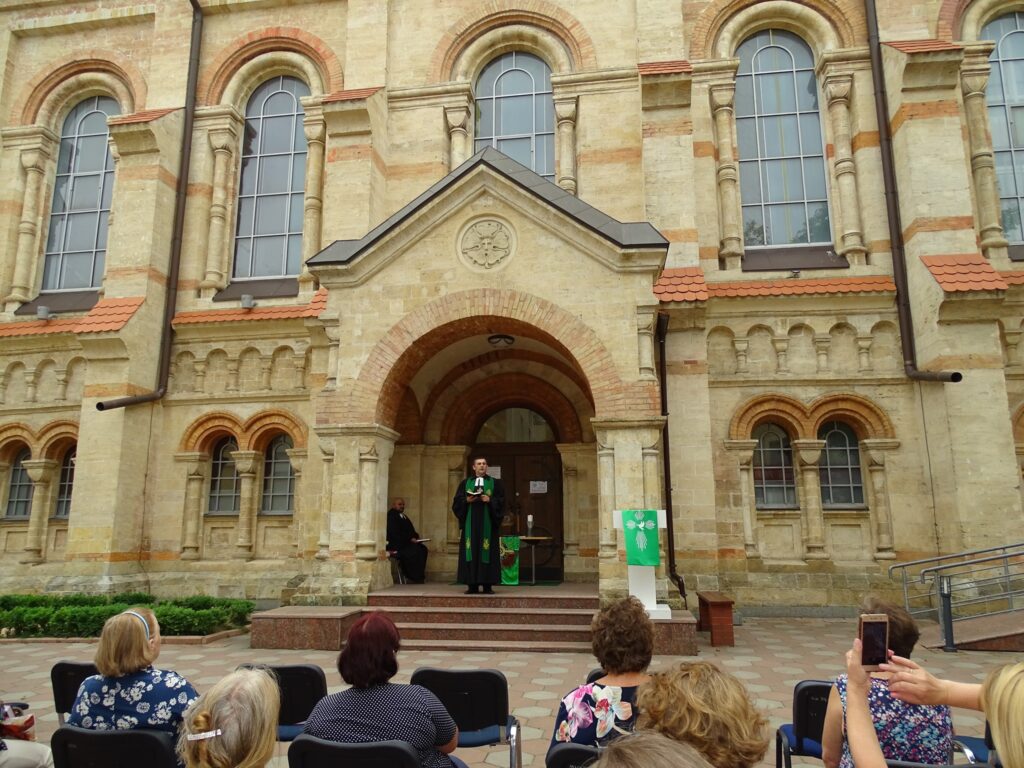
The same week the congregation of Bila Tserkva returned to their building, and so did the congregation of Kryvyi Rih a few days later. The territory of the building in Bila Tserkva was left in a state of neglect. In the premises in Kryvyi Rih were found dozens of empty hard liquor bottles, the walls and the floor had stains from urine and feces. There lived a son of another Maschewski’s associate Andrii Kuznetsov. One can only wonder what was really going on in the place, where the gospel should have been proclaimed…
Also, a process of returning congregations that supported Maschevskiy for the fear of losing their premises has been initiated. Communication with the congregation of Alexandria (Kirovohradska region) was restored. At the instruction of the bishop it is now pastored by Oleh Fisher.
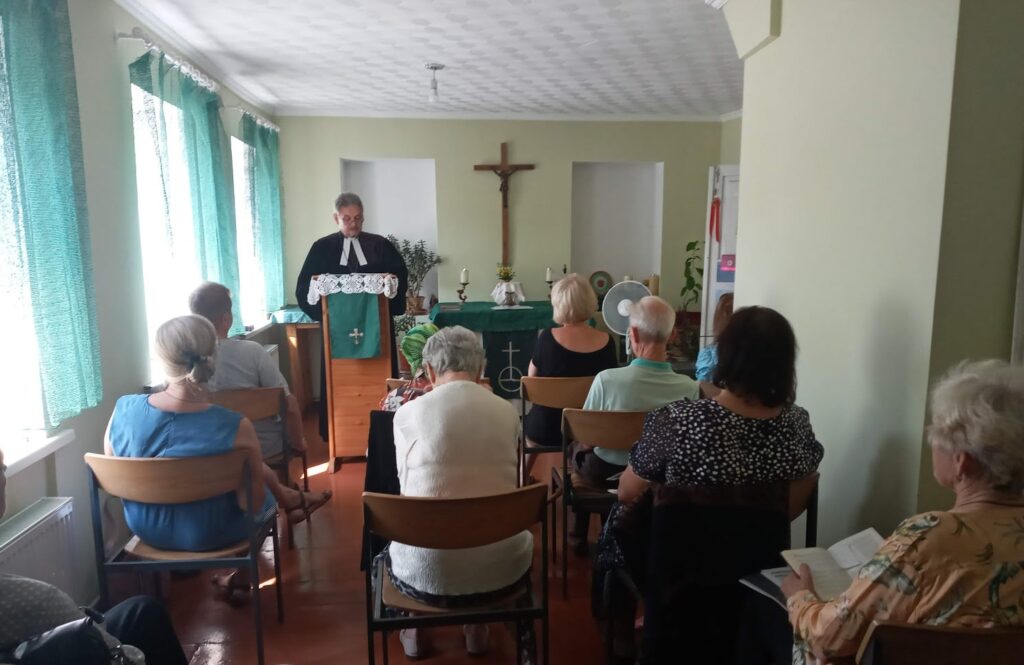
The process of de-occupation is far from being complete. The congregation in Poltava is still unable to return to their premises. Congregations of Lviv, Vinnitsia, Dnipro and Kherson occupy church premises under the ownership of GELCU but avoid engaging in a dialogue. Congregations of Lutsk and Losovaia (Kharkiv region) hold a similar position. Congregation in Mykolaiv have also been refusing to establish contact, even though it remains in GELCU.
The bishop and leadership of the Church still have a lot of work to be done. Wounds left by Sergey Maschewskiy are still open, and their healing not only requires time and human effort, but also divine intervention. Because we all need to learn to forgive and accept those, who are different from us – have different opinion, temperament, and life experience, went through different kind of pain, or had the misfortune to be “on the wrong side” of a conflict.
But this time of trial has demonstrated that GELCU requires a reform to solve issues that led to the present split: unfamiliarity with the Church’s theology and traditions, lack of common vision for the Church development, lack of transparency, and communication crisis that gave rise to mutual distrust and many other problems. The “road map” for this reform is a document adopted at the Synod of 2020. It includes statements of mission, vision, and values of GELCU. What it is and how it will affect the life of the Church will be detailed in the next article.

